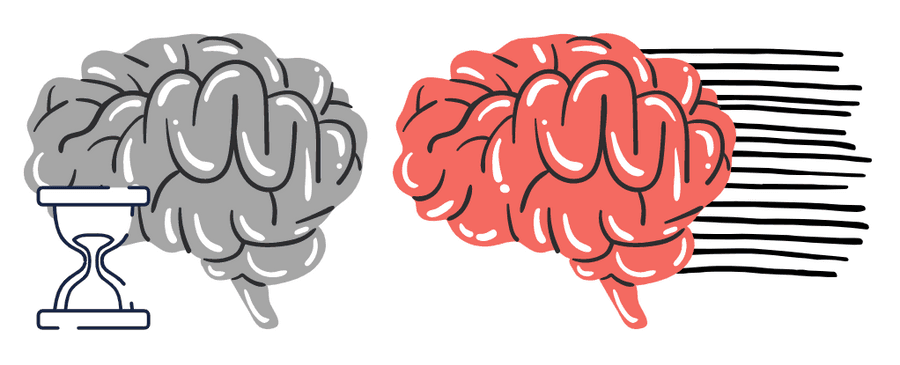Why decision-making blunders are made
Each day, we automatically make thousands of choices, from what time to wake up to what to eat.
The problem with this automatic processing is that there are instances when we jump to conclusions that are wrong.
282
1.22K reads
CURATED FROM
IDEAS CURATED BY
The idea is part of this collection:
Learn more about problemsolving with this collection
How to synthesize information from multiple books
How to analyze a book
How to set reading goals
Related collections
Similar ideas to Why decision-making blunders are made
Information and decision making
The fact that we live in an age of information should allow us to make super-informed, data-driven decisions all the time.
But the widespread availability of information does not mean that we actually use it even if we have it: decades of research in psychology and behavio...
Simplification And Decision Making
- Make problems easier to solve. Turn complicated problems into simpler ones. Eliminate everything except the essentials. Break down a problem into its components but look at the problem holistically.
- Be problem-oriented. Not method-oriented. Use wha...
Habits are mental shortcuts
A habit is a routine or behavior that is carried out repeatedly and most of the time automatically.
When you are faced with a problem repeatedly, your brain starts to automate the process of solving it. Your habits are sets of automatic solutions that solve the pro...
Read & Learn
20x Faster
without
deepstash
with
deepstash
with
deepstash
Personalized microlearning
—
100+ Learning Journeys
—
Access to 200,000+ ideas
—
Access to the mobile app
—
Unlimited idea saving
—
—
Unlimited history
—
—
Unlimited listening to ideas
—
—
Downloading & offline access
—
—
Supercharge your mind with one idea per day
Enter your email and spend 1 minute every day to learn something new.
I agree to receive email updates

